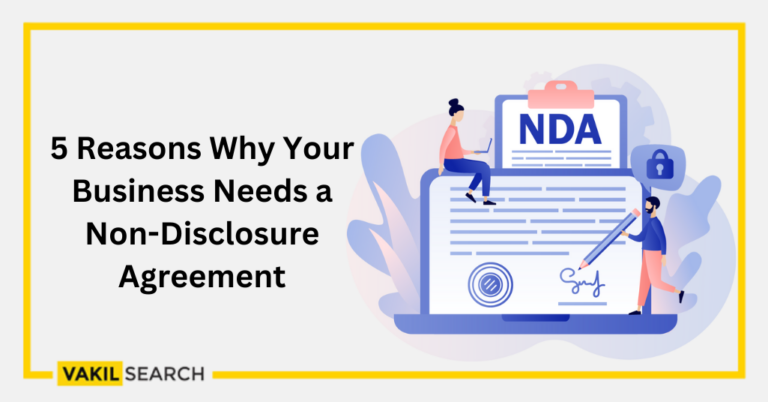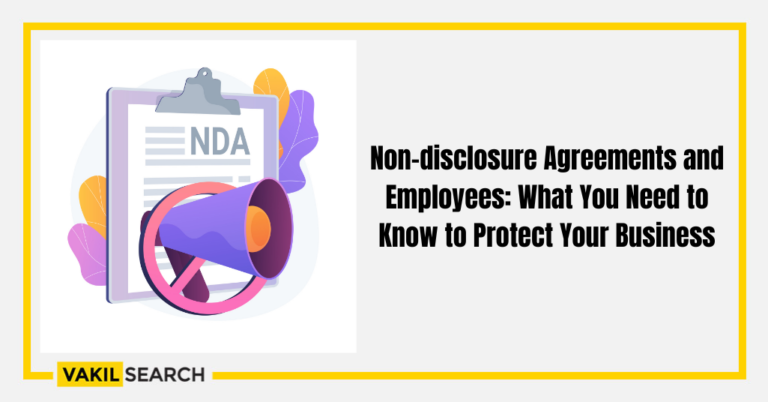Future Enterprise, a renowned group, had acted as the defaulter when it failed to repay around Rs. 2, 911.51 cr loan amount. It has failed to repay this loan amount to its lenders, and even after crossing 30 days of the review period, there was no response.
Future Enterprise and Future Group of companies have been in grave trouble due to their lenders’ non-paying of the loan amount.
The Securities and Exchange Board of India, SEBI, has decided to charge a hefty penalty amount of five lakhs because it failed to disclose everything in relation to the arbitration proceedings in the Singapore Arbitration Central (SIAC). There was a notice that FEL received about the starting of the proceeding around 5th October 2020, and Future Retail Limited, by that time had already filed an objection in front of SIAC on 6th October 2020.
There was a loophole there, as the reference to the stock exchange disclosure under the provisions of the LODR Regulations was missing.
Along with that, the SEBI notice and the PIT regulations added to all the information about the said process of arbitration and also saw the passing of an order on 25th October 2020. If you are wondering what the NDA is all about, you must know that it means a non-disclosure agreement. It is a completely legal contract that is signed and put into action by two parties who agree on specific terms.
Two signatories are involved in various kinds of exchanges, and these can be intellectual, Commercial agreements, critical, conceptual, or technical property-related issues. Those two parties who are under Legally binding and liability need to focus on the point that none of them discloses or gives the details about the contract or the property to any third party. This includes mobile and web applications also.
NDA is a typical contract that is almost like any sale contract, or any kind of lease agreement conducted between two different parties, for giving them the right cover against any type of threat or unforeseen results that might arise due to a breach in the contract.
Future Group had a major share of problems in recent times, with companies like Amazon, banks like PNB and many other business consortiums and individual lending companies. You can make the Non disclosure Agreement for Enterprise as per your business demands and as per User’s needs.
What Is an NDA?
An NDA, or Non-Disclosure Agreement, is a legal contract designed to protect sensitive information shared between parties. It ensures that the information remains confidential and is not disclosed to third parties without explicit consent.
When Are NDAs Used?
NDAs are employed in various situations, including business partnerships, collaborations, and employment relationships. They become crucial when sharing proprietary information, trade secrets, or any data that holds a competitive advantage.
Future Enterprise Faults in NDA: What Makes NDAs Enforceable?
Enforceable NDAs possess specific elements
- Clear identification of confidential information
- Defined duration of confidentiality, and
- Stipulations for handling breaches
These elements make the agreement legally binding and empower parties to take action if the terms are violated.
What Makes Non-Disclosure Agreements Unenforceable?
An NDA can lose its power if it’s poorly crafted. Vague terms can lead to confusion, rendering the agreement useless. Moreover, if one party coerces the other into consenting to the agreement, the NDA can be voided.
What If a Non-Disclosure Agreement Is Violated?
If an NDA breach occurs, legal remedies are available to the aggrieved party. These remedies might include seeking injunctions to prevent further disclosures, claiming damages, or pursuing specific performance to uphold the terms of the agreement.
The Case Study of Future Group’s Non-Disclosure Agreement in Detail
In October 2019, the e-commerce company Amazon and Future Coupons Limited signed a share subscription contract and an agreement to buy shares with the promoters who belonged to Future Retail.
The parties clearly mentioned were Amazon and the promoter group from Future Enterprise. There was a clause mentioning the indemnity part, any form of material information should not be disclosed, and if there was an intention to go by the terms laid down by SPA, then even that would have to be dealt with manually.
In case of any problem, legal dispute, or any chance for arbitration, in case any of the two parties are residents of India, then the platform for arbitration will be India. If it is outside India, it will be decided by the party outside India.
It was seen that Amazon is a company registered in the US and hence, the place of legal arbitration was chosen be Singapore.
The date of execution was October 2019, and the time duration also mentioned that the whole of the responsibility shouldered by Amazon should be considered completed before the closure of the 3rd year from the date of signing the contract, and it can be completed before the expiry of ten years from that day onward. The date mentioned is not before October 2022, and not more than the end of October 2020.
It was also mentioned that as a part of the investment process, Amazon got the rights and share in the Biyani promoter group stake of Future Retail. To add, as part of the signed contract between the two companies, Amazon is given a call option to acquire some or all parts of the promoter’s shareholding in Future Enterprise, and this can be made effective between the third till the tenth years.
There were certain restrictions on share transfer and the amount of share transfer to specific persons, which included the right of the first offer to Amazon only.
There was a restriction given by Amazon about who can/ cannot invest in Future Retail, and some of these companies included Reliance, Walmart, Alibaba, and some of the best global players.
There is another addition to the deal, which includes how Future Retail can sell Big Bazar brand and food supply unit Foodhall and Brand Factory’s retail and wholesale units to Reliance.
Why Sebi Has Charged a Penalty on Future Group
The amount of loss incurred in the transaction process has not been disclosed by SEBI, but due to Future Group’s fault, many other companies and lenders have suffered. There were many points that Amazon raised over this huge issue:
- Anything related to financial detailing was not elaborated to them. Amazon had acquired a stake amount of 49% in Future Enterprise coupons, and this was the promoter firm under Future Retail, and the deal amount was around 2000 crore.
- There is another moot question about rights, authorities and share purchases- whether the Share Purchase Agreement shall also be able to include the voting rights as per the Companies Act 2013 as part of the investment plans and other legal obligations.
- As per the SEBI guideline, Amazon can be termed as the acquirer, and as an individual or with relevant groups, Amazon can acquire the voting rights and shares and can also get a major control over the target company.
- The acquisitional features are following section 2 (1) (b), under the share subscription coupons between Future Enterprise and Amazon.
Conclusion
In the country’s apex court, the Supreme Court has already said that it is a lengthy judgment, and it reserves its verdict on the plea of Future Group. The verdict on NDA is a major issue.
The bench comprised famous judges like A S Bopanna and Hima Kohli, who declared that the Delhi High Court could be given the right to hear the statutory appeals made by the Future Enterprise against the sentence given in SIAC.
FRL and FCPL moved to the highest courts of order because of the complication remaining intact, as forwarded to SIAC by Amazon.
FAQs
When can an NDA be void?
An NDA can become void if it's found to be unconscionable, illegal, or against public policy.
When should you not use an NDA?
Avoid NDAs when sharing general knowledge, information in the public domain, or information you're legally obligated to disclose.
What is the indemnity clause for NDA?
The indemnity clause specifies that the disclosing party will be compensated for losses incurred due to a breach of the NDA.
What are the consequences of breaking an NDA in India?
Breaking an NDA can lead to legal action, including damages, injunctions, or other remedies as per the terms of the agreement.
Also, Read:









